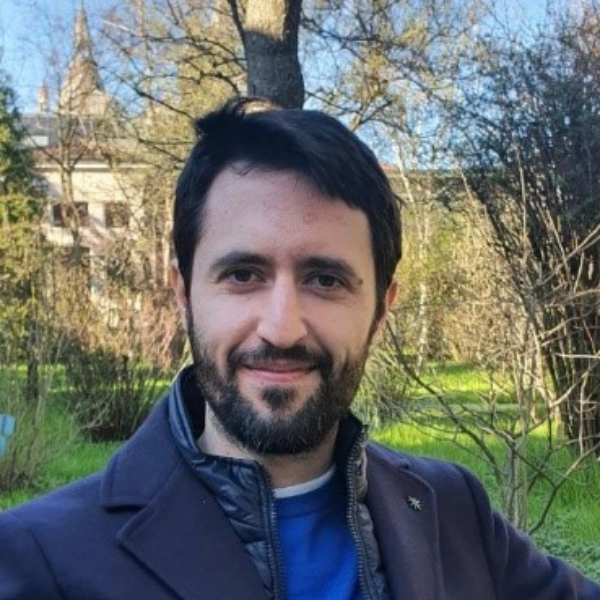Italy
Researcher (scientific/technical/engineering)
Date of the expedition
From 24/02/2025 to 31/05/2025
Selected Track
Challenges
Project title
Machine Learning for Quantum Circuit Generation
Host Organization
Fermilab
Biography
Maurizio Ferrari Dacrema is an Assistant Professor at Politecnico di Milano, where he conducts research at the intersection of quantum computing and machine learning. He holds a PhD in Information Technology and has contributed to over 60 peer-reviewed publications on next-generation computing topics. His work explores how AI techniques can enhance the design and execution of quantum algorithms, with a particular focus on circuit synthesis and state preparation. He is an active member of the Quantum Computing Lab at Polimi and collaborates with European and international partners on research and innovation projects.
Project Summary
Quantum algorithms often require input data to be encoded as quantum states but preparing those states efficiently and accurately remains a fundamental challenge. This project aims to develop new methods for quantum state preparation that are both robust to noise and tailored to the physical characteristics of real quantum hardware, in particular of Bosonic quantum computers which are under development at Fermilab.
Key Result
The project has focused on a particular state preparation protocol (SNAP-Displacement) leading to a deeper understanding of the protocol’s internal structure. Specific arrangements of the quantum operations (phases) affect the ability to prepare specific types of quantum states. In some cases, the number of quantum operations required can be reduced substantially, leading to benefits in terms of scalability and reduced noise. An extension towards noisy realistic conditions is currently at TRL 3 and reaching TRL 4 will be the goal for the second half of the expedition. The project is expected to continue beyond the current timeframe, in line with the original plan.
Impact of the Fellowship
The fellowship has contributed to the development of the method beyond its POC phase towards a solid foundation for future extensions. The work conducted has provided scientific validation of the protocol structure and parameter reduction strategies, offering insights to inform subsequent research.
The collaboration between Politecnico di Milano and Fermilab has been instrumental to ground the project in realistic quantum hardware constraints and a continued collaboration with further joint research is anticipated. A joint publication based on the project outcomes is under consideration, with contributions expected from both institutions.

